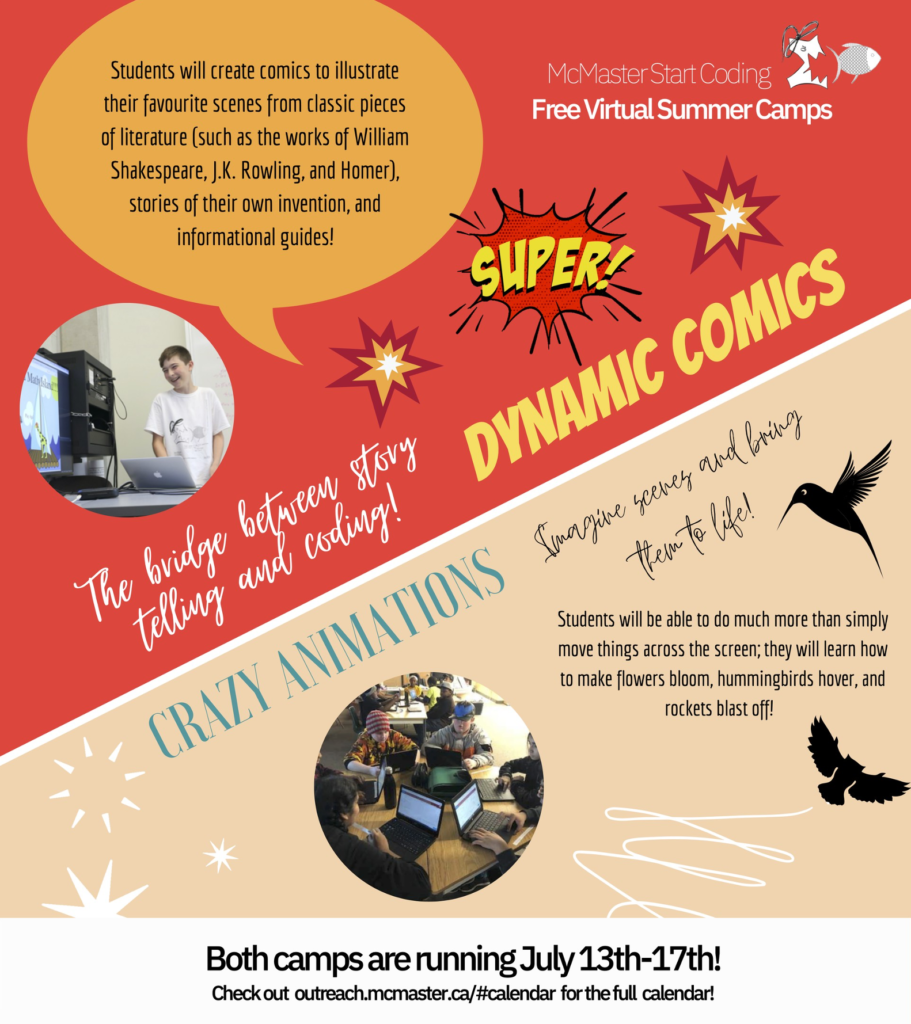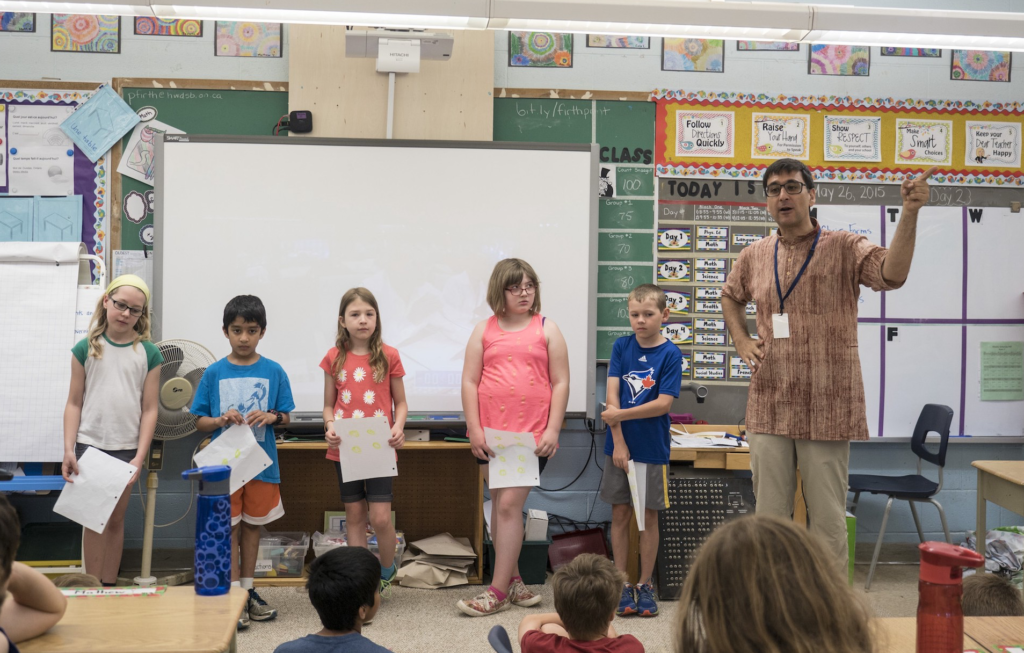Interview with Christopher Anand, Professor of Computer Science at McMaster University

Dr. Christopher Anand, Professor of Computer Science at McMaster University shares how McMaster Start Coding Summer Camps are giving young learners a head start in software development
What is McMaster’s software outreach program?
McMaster’s software outreach program provides resources to students, teachers and parents to learn and have fun with Computer Science and Software Engineering. We have been going to schools for over a decade, but things really took off when we discovered graphics programming in Elm, and created a streamlined library for it, and developed an educational approach we call Algebraic Thinking, because it is all about preparing children to learn algebra so they can succeed in STEM.
Tell us about the McMaster Start Coding Summer Camps?
We started summer camps last year. We wanted to call them internships, but lawyers wouldn’t let us, hence the name “Internship-Style Summer Camp”. The kids thought that was pretty funny, and made jokes about intern-style humans versus human-style interns. But the basic idea remained the same: create an environment for teamwork and help the grade 5 – 8 children identify their own goals, divide tasks, acquire skills, integrate the results and collect feedback.

This summer we have a variety of camps for grades 4 – 8, and we will have a few senior mentors from high school. Some camps will have a single output, like the 3D Bee game, while others will allow for separate outputs, such as multiple animated comics. But no single camper will be able to produce an output without a team.
What are some of the challenges of running the Coding Summer Camps this year?
Obviously on-line delivery is a big change, but we have spent the last two months adapting material, and creating new material. Adapting has meant being much more scripted, because it is much harder to get spontaneous feedback on-line. To get feedback, we need to have smaller break-out rooms where groups are small enough that every child feels they not only have room to contribute, but they need to contribute to reach goals.

The fact that we started using Design Thinking in 2019 has been doubly helpful. We had already developed printable templates to guide teams through the process. If you are familiar with Design Thinking, you probably expect to see a rainbow of sticky notes, but that is challenging when many teams are working together in a shared space. So it was relatively easy to reformat and elaborate when converting to Google Slides. Slides are great for team collaboration on-line because they support collaborative editing, and discrete slides map onto defined steps. While the Design Thinking process helps surface divergent ideas without disrupting the flow. Children and undergraduate mentors developed many new ideas, some of which will be integrated into the camps. At the same time, new friendships were formed.
What other programs are offered by McMaster’s software outreach program?
In addition to the camps, we have nine lessons, starting with basic drawing and advancing through animation, adventure game scaffolding via state diagrams to controls for dynamic games. We still have two iPad apps, ElmJr and Image 2 Bits, which are accessible to younger children. But this summer we have to focus on web-based development and collaboration.
All of our tools were developed by McMaster volunteers, and we continue to develop new tools. This year we added share links to our web-based IDE, and support for Herograms, an e-postcard which we created in time for many children to create animations for the front face of father-s day greetings.
